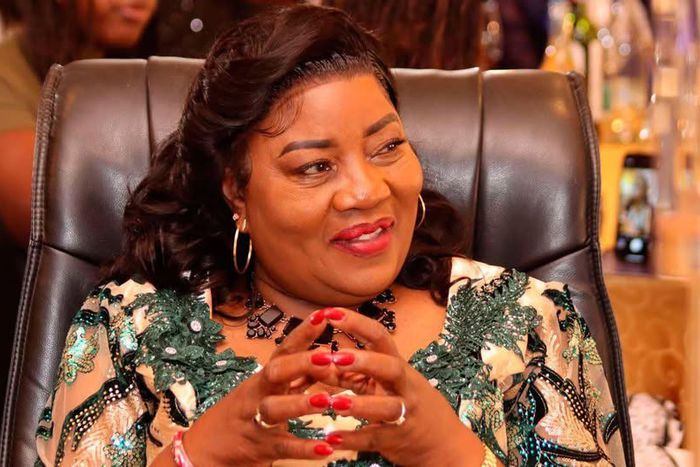
Tanzania’s President Samia Suluhu Hassan has been declared the winner of the October 29, 2025, general election, capturing 98% of the vote .
While the landslide result solidifies Suluhu’s hold on power and extends her tenure as the country’s first female president, the aftermath has been marred by widespread unrest, opposition allegations of fraud, and international concern about the election’s legitimacy.
According to the National Electoral Commission, official results indicated that President Samia Suluhu’s ruling party, Chama Cha Mapinduzi (CCM), won decisively across all regions. However, the election was marred by widespread unrest, especially in Dar es Salaam, Arusha, and Mwanza, where demonstrators flooded the streets accusing the government of staging a “sham election.”
Violent clashes broke out as security forces used tear gas and live ammunition to disperse protesters. Human rights organizations reported that hundreds were injured or killed and many others arrested, marking it as one of the most turbulent and violent elections in Tanzania’s recent history.
Local activists and international media, including Reuters and The Guardian, documented widespread suppression of opposition, with several parties barred from participating or boycotting the polls due to intimidation, arrests, and campaign restrictions.
Amid the turmoil, President Suluhu’s supporters celebrated in the streets of Dar es Salaam and Dodoma, waving CCM flags and praising her leadership. Government spokesperson Gerson Msigwa insisted that “peace and order have been restored,” urging citizens to remain calm. The Electoral Commission lauded the outcome as a testament to “continuity and stability,” congratulating Suluhu on her victory.
Yet, the result has been met with skepticism both at home and abroad. Critics, including political analysts and regional observers, questioned the lack of genuine competition. “This was not a competitive election,” one analyst told Reuters, noting that most opposition voices were suppressed or sidelined from the outset, leaving the outcome a foregone conclusion.
President Suluhu’s journey to power is itself historic. Born in Zanzibar in 1960, she rose through the ranks of public service, beginning as a clerk, then advancing through roles in youth, gender, and economic development ministries. She entered national politics in 2010, eventually serving as Minister of State for Union Affairs and later as Vice President under President John Magufuli. Following Magufuli’s sudden death in 2021, Suluhu became Tanzania’s first female president,a transformative milestone for the nation and the continent.
Her first term was marked by efforts to soften her predecessor’s hardline policies, reopen civic space, and promote women’s empowerment and economic reform. Her 2025 campaign emphasized stability, growth, and the continuance of CCM’s dominance, but critics contend that the election’s conduct threatens to overshadow these achievements.
Looking forward, President Suluhu faces the daunting challenge of healing a politically divided nation and restoring public trust. International observers have called on her administration to prioritize democratic reforms, human rights, and inclusive governance. Whether her mandate becomes a foundation for stability or a symbol of democratic backsliding will depend on the steps she takes in the coming months.






